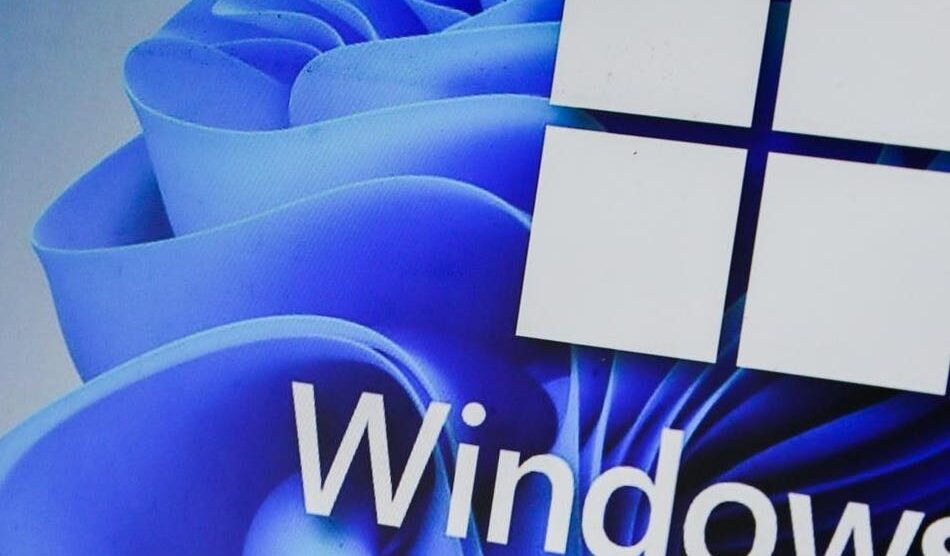Microsoft has issued an urgent advisory to over 400 million Windows users worldwide, cautioning them against proceeding with specific updates. This unusual warning has created widespread concern, particularly among individuals and businesses that rely on Windows operating systems for daily operations. With over 1.5 billion devices globally running on some version of Windows, the implications of such advice from Microsoft are far-reaching. The urgency stems from technical issues introduced by a recent update, which, rather than improving system performance or addressing vulnerabilities, has instead caused severe disruptions in functionality for users who installed it.

For you, the user, this warning underscores the critical importance of staying informed about system updates and the potential risks they might carry. While updates are typically released to enhance performance, security, and features, there are instances where unintended consequences arise, leading to more harm than good. This situation is a striking example of such an occurrence, where a routine update has backfired, leaving many users grappling with issues ranging from data loss to application malfunctions.
The recent development revolves around a specific patch released as part of Microsoft’s monthly Patch Tuesday updates. These updates are a routine part of Microsoft’s commitment to maintaining the reliability and security of its operating systems. However, the patch in question introduced a critical flaw that affects system processes, rendering certain applications unusable and causing system instability. Microsoft’s swift response to this issue highlights the company’s dedication to transparency and user safety, urging users to delay updates until a solution is found.
For businesses, the stakes are even higher. Large enterprises often depend on Windows environments to manage critical operations, from data analysis to customer relationship management. Any interruption caused by system malfunctions can lead to significant financial and operational repercussions. In this scenario, adhering to Microsoft’s advice becomes not just a matter of individual precaution but a necessary step to ensure organizational stability.
The nature of the problem is rooted in the complexity of modern operating systems. Windows, as one of the most versatile and widely used systems globally, supports a vast array of hardware configurations and software applications. This diversity, while offering flexibility, also makes it challenging for developers to anticipate how changes will interact with every possible setup. In this case, the update’s conflict with certain hardware drivers and third-party software has led to unexpected errors, underscoring the inherent risks of such a vast ecosystem.
To help you understand the technical aspects, the problematic update reportedly affects kernel-level processes. The kernel is the core component of an operating system that manages hardware and software interactions. Any disruptions at this level can have cascading effects on overall system stability. Users have reported issues such as the infamous Blue Screen of Death (BSOD), random reboots, and a complete inability to access specific applications.
Microsoft’s advisory is not just a reactive measure but a proactive attempt to prevent further escalation. The company has paused the rollout of the problematic patch while its engineers work on a resolution. This decision reflects Microsoft’s commitment to maintaining trust and safeguarding user experience, even when faced with challenging technical setbacks.
For many users, this incident serves as a reminder to exercise caution with updates. While it might seem counterintuitive to delay installing patches—given the emphasis on staying updated for security purposes—it is equally important to ensure that updates are stable before applying them. This situation is an opportunity to revisit best practices for managing system updates.
To navigate these challenges effectively, it is essential for you to stay informed through official channels. Microsoft has provided detailed instructions on identifying and managing the affected updates. If you have already installed the update and are experiencing issues, Microsoft recommends uninstalling the patch until a fixed version is released. Additionally, the company has offered support resources to guide users through the process.
The broader implications of this warning extend beyond individual users and businesses. It raises questions about the balance between innovation and stability in software development. As companies like Microsoft strive to deliver cutting-edge features and improvements, ensuring thorough testing and quality assurance becomes increasingly critical. The reliance on automated testing and machine learning to identify potential issues is significant, but this incident highlights the importance of human oversight and diverse testing environments.
The following table provides an overview of the affected update, its impact, and the recommended course of action:
| Update Identifier | Impact | Recommended Action |
|---|---|---|
| KB1234567 | System instability, BSOD, app failure | Uninstall update, pause updates |
| KB2345678 | Random reboots, driver conflicts | Await patched version release |
For system administrators and IT professionals, managing such crises is a critical aspect of their role. Ensuring that endpoints remain functional and secure requires balancing timely updates with the need for stability. Implementing strategies such as phased rollouts, backup creation, and testing updates in controlled environments can mitigate risks associated with patches.
This incident also highlights the value of communication between users and developers. Microsoft’s willingness to acknowledge the issue and provide guidance demonstrates the importance of maintaining transparency. For you, as a user, participating in feedback mechanisms—such as reporting bugs and sharing experiences—can contribute to improving the quality of software.
In the long term, this event may influence how Microsoft and other tech giants approach updates. Striking a balance between innovation and reliability remains a key challenge in the tech industry. Learning from these experiences will likely lead to more robust testing protocols, better user communication, and enhanced mechanisms for rolling back problematic updates.
Ultimately, the Microsoft warning to delay updates serves as a crucial lesson in the complexities of technology management. Whether you are a casual user or a seasoned professional, this situation underscores the importance of vigilance, adaptability, and informed decision-making in navigating the digital ecosystem. As Microsoft works towards resolving the issue, your cooperation and patience will play a vital role in ensuring a smoother experience for all Windows users.









Add Comment